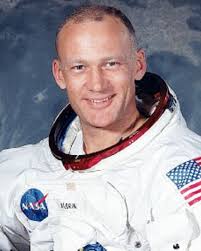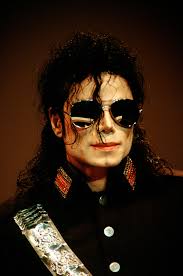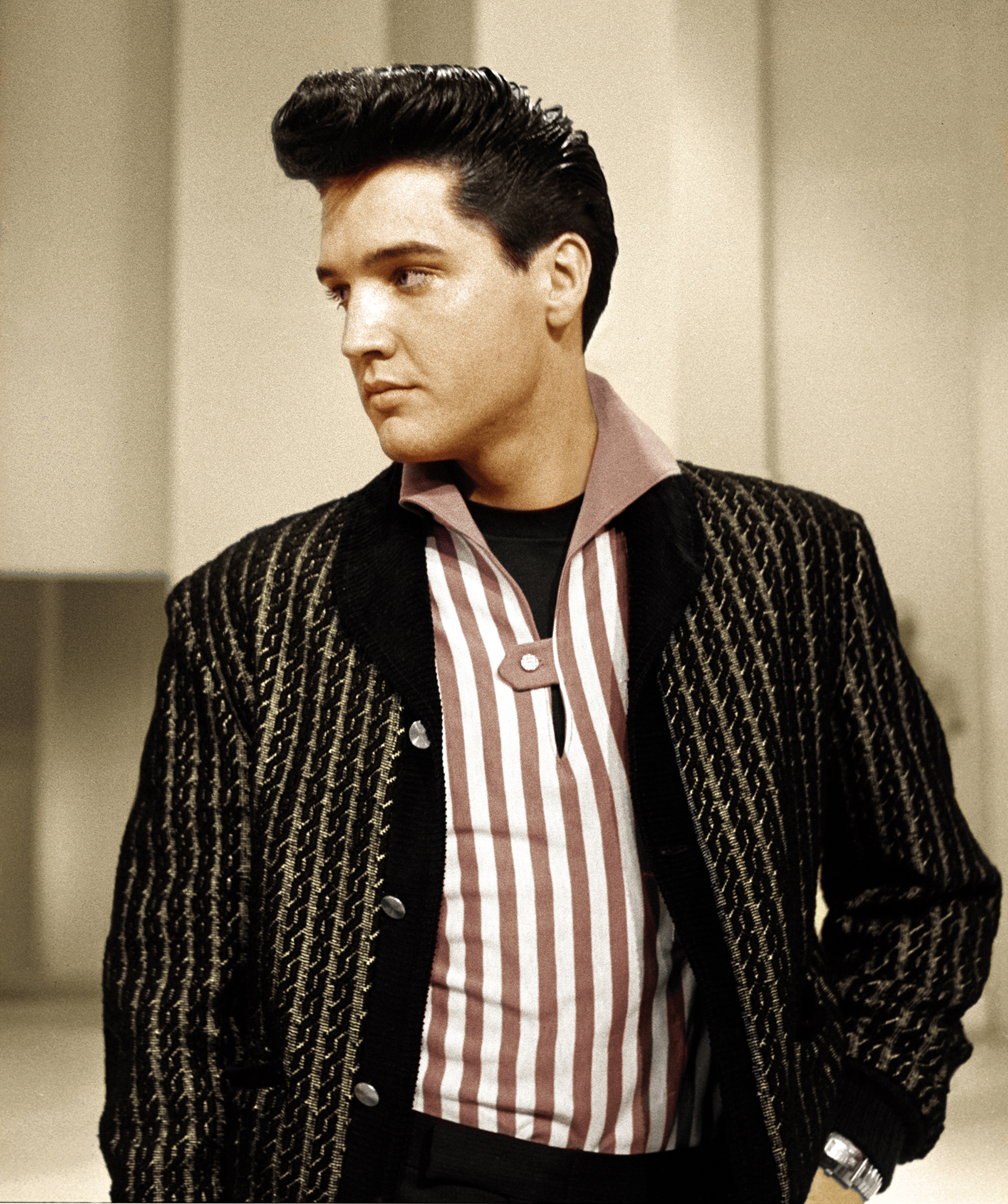Are Celebrities More Vulnerable to Addiction?

The drug exposes Bollywood film stars are getting high exposure on TV and other media. The Narcotics Control Bureau appears to be going after film personalities with more prominent names tumbling out. Some actors are already behind bars.
Most of the investigations seem to be about marijuana. Weed is generally perceived as a harmless, recreational drug, widely used in India since time immemorial. It is used in festivals, by sadhus, in schools and at parties. But when famous, successful public figures get exposed, it gets the attention of the news media.
How Vulnerable are Celebrities to Drug Use?
A remarkable number of creative individuals – actors, authors, film directors, painters, stand-up comedians, musicians, politicians – have gone missing in the forests of addiction. It is the hefty price they pay for their loss of privacy and a sense of superiority they begin to believe in. At the height of their commercial or social success, they become ‘role models’ who guide fans about what to eat, what to wear, how to exercise, and how to holiday. They drop words of wisdom on love, peace, justice and other lofty ideals. Becoming suddenly famous, they get a license to say and do as they please. The lines between reality and virtuality get blurred. Instagram becomes real. They stand on a pedestal that they think makes them immune to worldly harm, when, in fact, they’re more prone to being hit by bird shit.
The Dark Side of Success
Success rarely lasts. It’s either a slump in their careers or age catches up. The adulation ebbs, their Twitter and Instagram followers deplete, the aura fades, and the money stops flowing in. The TV cameras are now focusing on a newer breed of celebrities. It’s time for the circus to close.
When they catch a glimpse of themselves in the mirror, they discover in themselves traits of character of which they had no prior knowledge – criminal tendencies, monstrous wishes, perverse desires, a comprehensive repertoire of antisocial behaviors. Their self-image of perfection cracks, and a more fragile human side emerges.
These triggers panic. They want to run away from themselves and their new reality. Terrified of what they have come to, they want to hide away. A drug or alcohol addiction serves the purpose of the prison cell. They become silent while seeming cool.
Meena Kumari, the legendary ‘tragedy queen’ of Hindi cinema, died of liver cirrhosis. Parveen Babi committed suicide. In the West, Elvis Presley, Amy Winehouse, Michael Jackson and countless other enormously talented people died of drug overdose or substance-related accidents.



We Are All Human
There are so many stories of celebrities who have overcome addiction. One common thread that runs through these is humility. The individuals have to get off the pedestal and come down to earth. Icons must become humans. Eric Clapton recounts in his autobiography “Clapton” how he expected to get special attention at Hazelden rehab. His therapist didn’t give him that. Realizing that he was an addict just like any other was the first step in his recovery from cocaine addiction. He now runs an addiction treatment facility called ‘Crossroads’ in Antigua.
Similarly, Buzz Aldrin, who accompanied Neil Armstrong to walk on the moon, developed issues with alcoholism. While he was hailed as a hero and went on a worldwide whirlwind PR tour, his addiction progressed. His marriage and financial status collapsed. He was repeatedly admitted to a Navy hospital for addiction treatment and tried participating in AA meetings. He worked selling used cars, but he wasn’t good at that. He was repeatedly hospitalized, and his periods of sobriety alternated with bouts of heavy drinking. Eventually, he was arrested for disorderly conduct. Nothing seemed to work. Finally, he was suggested to go to a ranch where an old-timer broke his ego, and his recovery began. Today, he is over 20 years sober!
In his autobiographical book Magnificent Desolation, Aldrin writes candidly about depression, the breakup of his marriage, the isolation and loss of a sense of purpose after leaving NASA, and a decade of struggle to overcome alcoholism. The Guardian notes that “Aldrin removes his space helmet and shows us the very human face of an all-American hero.”
Hope Trust has supported the recovery of hundreds of persons, including celebrities from various fields. It provides confidential and effective treatment, customized to suit the individual’s requirements.
Hope Trust has supported the recovery of hundreds of people, including celebrities from various fields. It provides confidential and effective treatment, customized to suit the individual’s requirements. Now, with a home-based treatment option, confidentiality is further guaranteed.
If you or your loved ones are struggling with addiction, contact us today! Call us on 7893003070 / 9000850001 or email info@hopetrustindia.com.